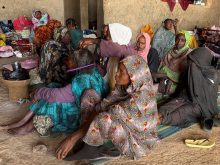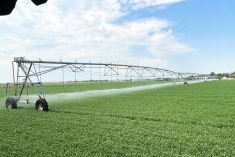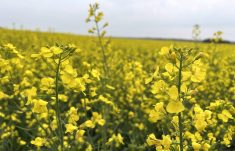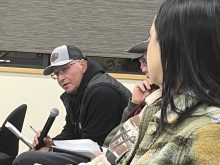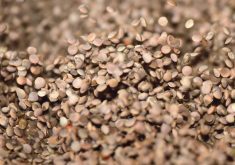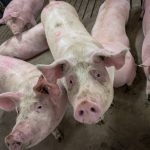Canadian cattle and beef are continuing to regain markets lost when importers closed imports after BSE was discovered in Canada in 2003.
On Jan. 20 Agriculture Minister Gerry Ritz and International Trade Minister Ed Fast announced that beef and veal processed by approved plants from cattle under 30 months of age have the green light for immediate exports to South Korea.
Officials in Seoul have notified Ottawa that all certification conditions are in place, meaning exports can commence from the listed Canadian beef plants approved for export.
“With re-entry, we believe the Canadian industry is positioned to benefit from exports of 6,500 tonnes, worth about $30 million by 2015, with potential to grow to 14,000 tonnes worth $65 million by 2020,” Brad Wildeman, a Lanigan, Sask. feedlot operator and chairman of market development agency Canada Beef, said in a release.
Read Also
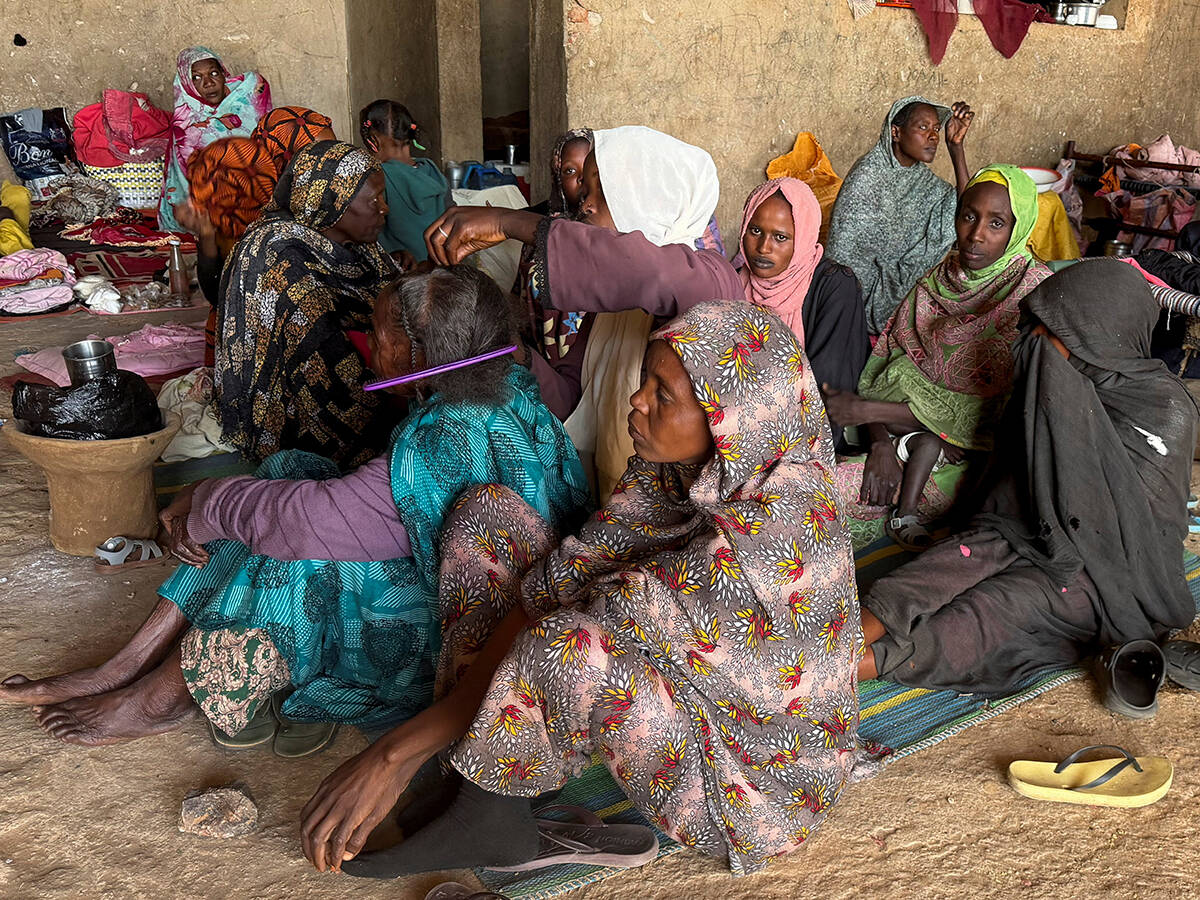
‘Millions will die’: Foodgrains Bank faces $2.7B federal funding threat
Foodgrains Bank warns $2.7B aid cut triggers a humanitarian crisis, risking global hunger relief and 40 per cent of its funding.
On Jan. 24 Ritz and Fast announced that that the Government of Canada has secured live cattle, sheep and goats to the Philippines. The Philippines imports $9 million annually worth of cattle and nearly $300,000 of sheep and goats.
“Canadian producers now have the ability to compete for sales in this market,” a government release said.


